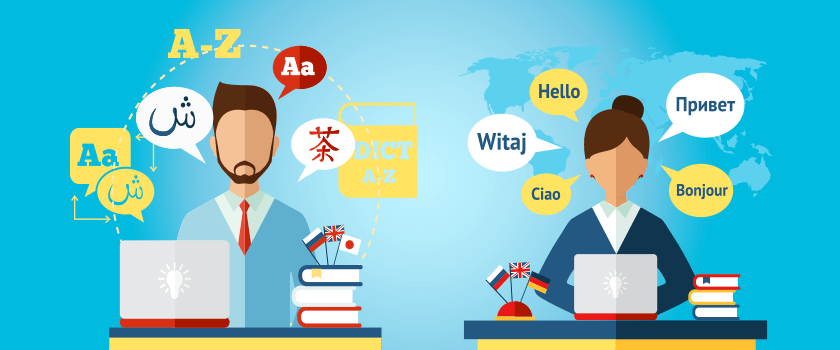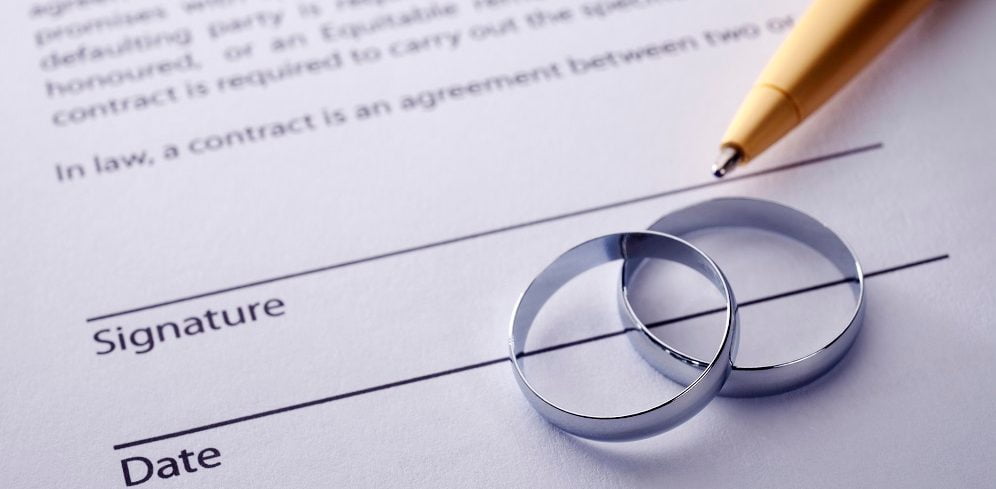Dubai being the cosmopolitan character makes it an important hub for international businesses and law. As residents and professionals from all over the world come here, it is evident that countless languages are spoken here on a day to day basis and when it comes to legal proceedings, Arabic is the only official language that is recognized by the courts in UAE. This implies that any legal or court document that is written in another language must be translated into Arabic before its final submission. However, the law is quite clear on this stating that only translations that are completed by certified legal translators are accepted. In this case of using uncertified translators, it can result in rejected filings, delayed cases and even loss of legal rights that the individual might have.
Legal Obligation for Certified Translation
Certified legal translation in Dubai is no longer a choice but instead a requirement. Ministries that government departments in Dubai only accept translations that have been completed by translators that are licensed and approved by the Ministry of Justice. These certified translators have undergone strict training which ensures that they produce legally accurate translations.
When important documents such as contracts, court judgments, witness statement or marriage certificates are translated by non-certified individuals they become automatically invalid in the eyes of the Justice. Courts therefore cannot review or act upon those submissions. This rule exists to preserve the integrity of legal communication while also ensuring that every translated document conveys the same meaning as the original text with no room of ambiguity or error. Hence, submission of uncertified translation may result in delays, and added cost to the individuals involved.
Why Accuracy Matters in Legal Translation
Legal translation does not imply word to word translation but instead demands deep understanding of the law and its terminology. The procedural phrasing is also very important as a single mistranslated word can change the meaning of a contract clause and weaken the party’s argument in court. Certified translators are trained to maintain absolute precision while preserving the tone and structure of the original legal text.
Their work ensures that translated documents remain legally binding while also being contextually correct. For example, terms used in common law contracts may not have direct equivalents in Arabic civil law implying that a certified translator know how to navigate these difference without compromising accuracy. This extreme level of expertise can only be guaranteed if official certification and years of legal translation experience is acquired.
The Importance of Certification and Credibility
A certified translation is something that is instantly recognized by Dubai’s courts and legal authorities because it carries an official stamp along with license number from a translator approved by the Ministry of Justice. This certification serves as a proof that the document has been translated by a professional who meets all the legal standards set by the official UAE government.
When anyone’s presents a certified translation, one also puts forward a token of credibility. The document is thus seen as reliable, authentic and is ready for immediate acceptance which saves both time and prevents unnecessary scrutiny. On the other hand, uncertified translations also trigger verification requests, prolong court process and can even lead to outright rejection resulting in individuals having to go through the hassle again.
Preventing the Hole of Legal and Financial Risks
In the fast paced legal environment of Dubai, any delays or procedural errors can have serious financial implications such as submission of uncertified translations can cause hearings to be postponed and even cases dismissed altogether. In such situations translating and resubmitting documents not only costs additional money but also requires time which one cannot afford to waste especially in legal matters.
The advantage of verified translations is that this risk is avoided completely. Their familiarity with formatting, tone and structure of documentation which is accepted in the UAE court ensures that documents meet every procedural requirement. They also make sure to maintain strict confidentiality which is crucial when dealing with sensitive information such as company records and contracts. Therefore by investing in certified translation from the beginning, one can protect your case from unnecessary obstacles and safeguard the integrity of legal documents as well.
Choosing the Right Legal Translation Partner
Selecting the right translation provider in Dubai can make or break your case. It is necessary to look for a translator who is officially licensed by the Ministry of Justice and have extensive experience in legal work and not just general translation. Any trusted certified translator will guide you through the process while ensuring that your documents meet the required standards and deliver translations that stand up to court checks and scrutiny.
It is also very important to go ahead with a service that values confidentiality above everything else. Additionally, most legal matters are very time-sensitive so working closely with a translator whose familiar with tight deadlines is super invaluable. While uncertified translators may offer lower prices to get the job done, the risks associated when working with them such as rejection of legal non-compliance far outweighs any short-term savings. A certified translation which may be slightly more costly is a guarantee of acceptance as well as peace of mind.


